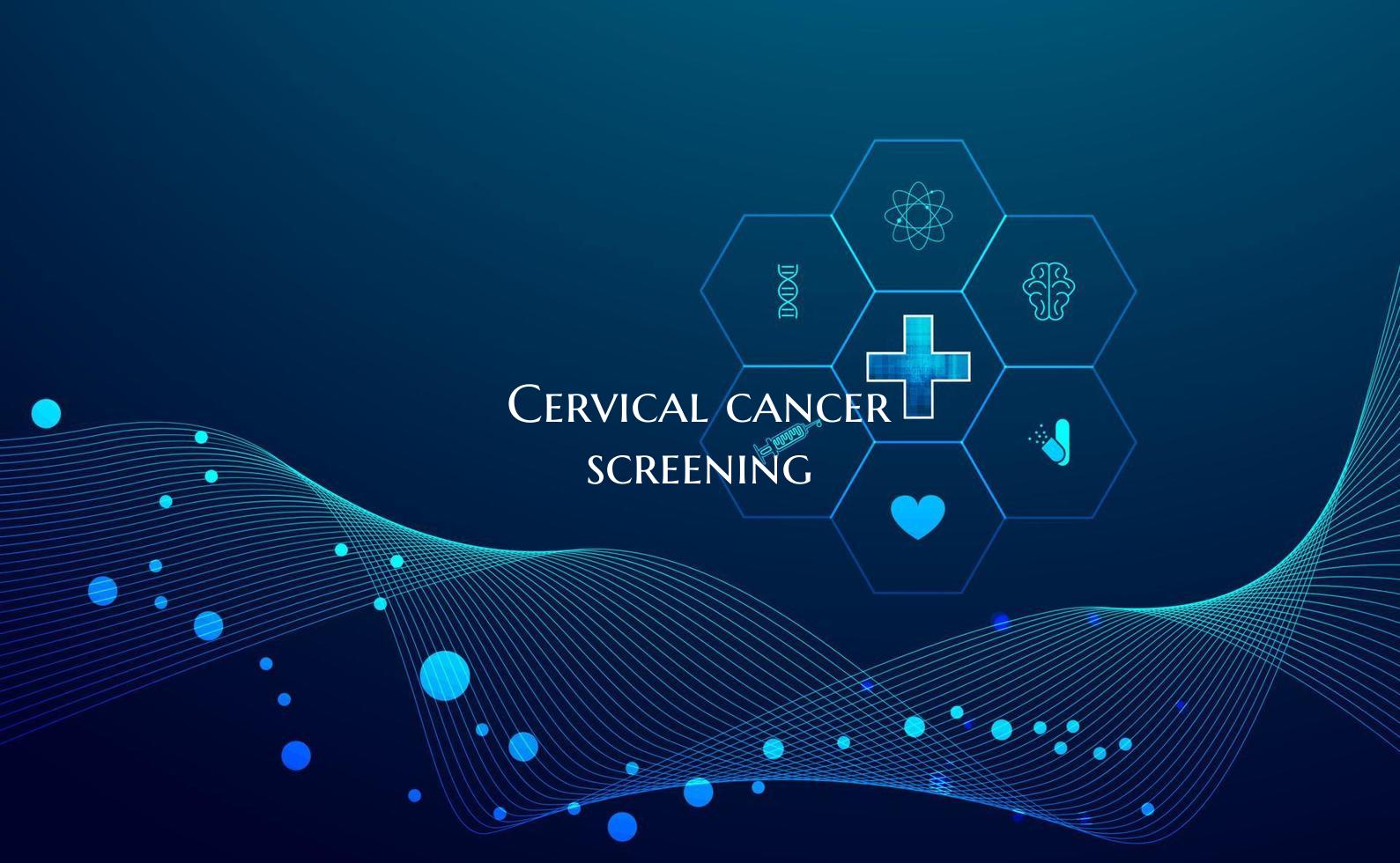
Cervical cancer screening
Cervical cancer screening is a critical component of women's healthcare that aims to detect abnormal cells on the cervix before they develop into invasive cancer. The most common screening test for cervical cancer is the Pap smear, which involves collecting cells from the cervix for examination under a microscope. Another method of screening is the HPV test, which looks for the presence of high-risk strains of the human papillomavirus, a known cause of cervical cancer.
Regular cervical cancer screening is essential for early detection and treatment, as cervical cancer often does not present any symptoms in its early stages. The screening guidelines may vary based on a woman's age, risk factors, and vaccination status. Typically, women are advised to start screening around the age of 21 and continue at regular intervals as recommended by their healthcare provider.
Screening tests can help identify precancerous changes in the cervix, allowing for early intervention and prevention of cervical cancer. Early detection through screening can significantly improve the chances of successful treatment and survival rates. It is important for women to stay up to date with their screening appointments and discuss any concerns or abnormal symptoms with their healthcare provider.
In addition to regular screening, preventing cervical cancer also involves adopting healthy lifestyle habits, receiving the HPV vaccine as recommended, and practicing safe sex. By prioritizing cervical cancer screening and preventive measures, women can take control of their reproductive health and reduce their risk of developing this potentially life-threatening disease.